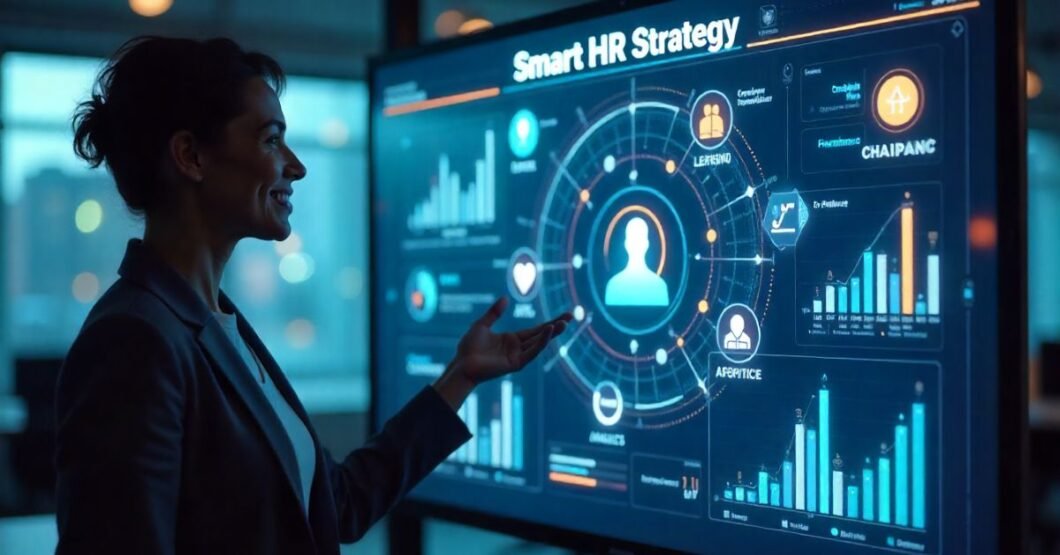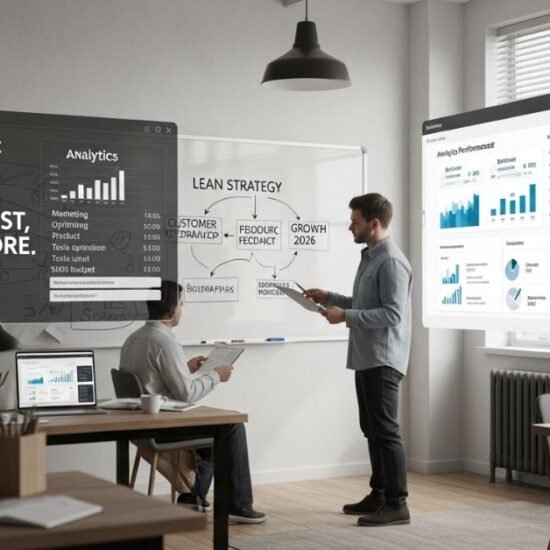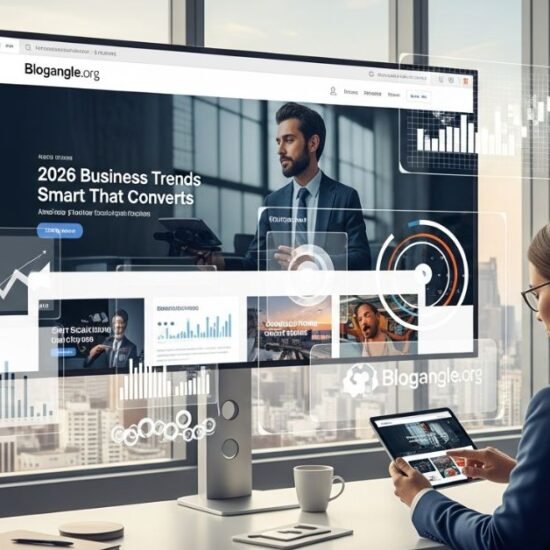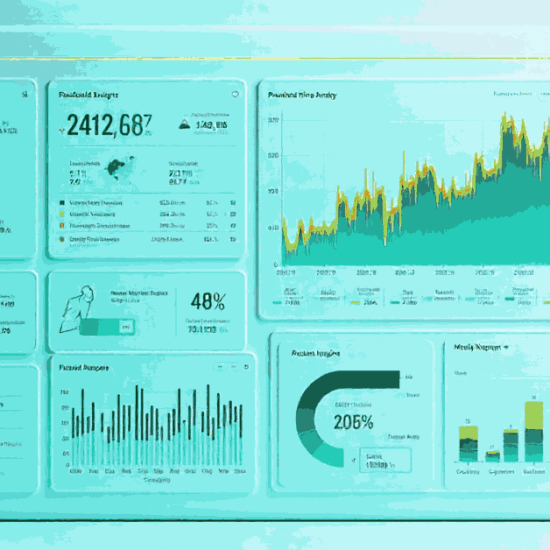Introduction
In today’s fast-evolving business landscape, managing human resources effectively is more critical than ever. Companies are increasingly turning to modern HR management solutions to streamline operations, enhance employee engagement, and drive strategic growth. Whether it’s automating recruitment, optimizing performance tracking, or improving learning and development programs, the right HR technology can make all the difference.
One such platform gaining traction in 2025 is thehrwp, a comprehensive HR management solution designed to meet the needs of modern organizations. It offers a unified suite of tools that empower HR teams to manage talent more efficiently, support employee growth, and align workforce strategies with business goals. As organizations continue to prioritize digital transformation, platforms like thehrwp are playing a pivotal role in reshaping how HR functions are executed.
This article explores the key components of modern HR management solutions, focusing on how platforms like thehrwp are enabling smarter, data-driven, and employee-centric HR strategies. We’ll break down the latest trends, best practices, and tools shaping HR in 2025 to help you make informed decisions for your organization.
Understanding the Evolution of HR Management
Historically, HR management was largely manual, relying on paper records, spreadsheets, and in-person communication. While this approach worked for smaller organizations, it quickly became inefficient as companies scaled. The introduction of HR Information Systems (HRIS) in the 1990s marked the first major shift toward digitization, enabling HR teams to store employee data electronically.
By the 2010s, cloud-based HR platforms emerged, allowing for real-time data access, remote workforce management, and integration with other enterprise systems. Today, in 2025, HR technology has evolved further, incorporating artificial intelligence (AI), machine learning (ML), and predictive analytics to offer smarter, more strategic insights.
Modern HR platforms like thehrwp now go beyond administrative tasks to support talent acquisition, performance management, employee engagement, and organizational development. These systems are not just tools—they are strategic enablers that help businesses adapt to changing workforce dynamics and market demands.
| HR Management Era | Key Features | Technology Used |
| Pre-1990s | Manual processes, paper records | Typewriters, filing cabinets |
| 1990s–2000s | HRIS, basic automation | On-premise software |
| 2010s | Cloud HRMS, mobile access | SaaS platforms |
| 2025 and beyond | AI-driven insights, analytics, employee experience | AI, ML, cloud-native platforms |
The Fundamental Components of a Modern HR Management System
Several features are combined onto one platform by a contemporary HR management system. This holistic approach ensures consistency, reduces redundancy, and improves data accuracy. The following are the key components that define a robust HR system in 2025:
- Recruitment and Onboarding: Automating job postings, resume screening, interview scheduling, and onboarding workflows.
- Employee data management is the centralized keeping of employee data, such as job history, personal information, and compliance records.
- Performance Management: Real-time feedback tools, goal setting, and continuous performance reviews.
- Learning and Development: Personalized learning paths, microlearning modules, and skill gap analysis.
- Payroll and Benefits Administration: Seamless integration with payroll systems and benefits enrollment platforms.
- Analytics and Reporting: Dashboards that offer details about employee turnover, engagement, productivity, and diversity metrics.
Platforms like thehrwp combine these features into a single, user-friendly interface, allowing HR professionals to manage the entire employee lifecycle from one place. This degree of integration facilitates data-driven decision-making in addition to increasing efficiency.
How AI and Automation Are Reshaping HR
Artificial intelligence is revolutionizing HR by automating repetitive tasks and providing deeper insights into workforce trends. By 2025, AI-driven HR systems will be utilized for:
- Screen Candidates: AI algorithms analyze resumes and match them with job requirements, reducing hiring bias and saving time.
- Personalize Onboarding: Chatbots and virtual assistants guide new hires through onboarding processes, ensuring a smooth transition.
- Predict Attrition: Machine learning models analyze employee behavior and sentiment to identify flight risks before they become problems.
- Optimize Learning Paths: AI suggests training programs according to each learner’s performance and professional objectives.
For instance, thehrwp incorporates AI-driven analytics to help HR teams identify high-potential employees and tailor development programs accordingly. In addition to increasing staff retention, this proactive strategy matches organizational goals with talent development.
Enhancing Employee Experience Through HR Technology
In 2025, employee experience has emerged as a major concern for businesses. A satisfying experience increases retention and productivity in addition to engagement. Modern HR systems are now designed with the employee in mind, offering:
- Self-Service Portals: Employees can access their records, update personal information, request time off, and view pay stubs without needing HR intervention.
- Mobile Accessibility: With remote and hybrid work models on the rise, mobile HR apps allow employees to interact with HR systems from anywhere.
- Real-Time Feedback Tools: Continuous feedback mechanisms replace annual reviews, fostering a culture of open communication and growth.
- Personalized Career Development: Employees receive tailored recommendations for career advancement and learning opportunities.
The thehrwp platform emphasizes user experience by offering a clean, intuitive interface that supports both HR professionals and employees. This focus on usability ensures that HR technology becomes a facilitator rather than a barrier to employee engagement.
The Role of Data and Analytics in Strategic HR
Data is the backbone of modern HR management. With advanced analytics tools, HR teams can move from reactive to proactive decision-making. HR analytics will be utilized in 2025 to:
- Track Employee Engagement: Sentiment analysis and engagement surveys help identify trends and areas of concern.
- Measure Diversity and Inclusion: Analytics tools provide visibility into workforce demographics and inclusion metrics.
- Optimize Workforce Planning: Predictive analytics forecast future talent needs based on business growth and market trends.
- Improve Retention Strategies: By analyzing exit interviews and performance data, HR can develop targeted retention programs.
The thehrwp platform integrates advanced analytics dashboards that allow HR leaders to visualize key metrics and generate actionable insights. These tools help organizations align their HR strategies with broader business goals.
Compliance and Risk Management in HR Tech
With increasing regulations around data privacy, labor laws, and workplace safety, compliance has become a major focus for HR departments. Modern HR systems must support:
- Data Privacy Compliance (e.g., GDPR, CCPA): Secure storage and handling of employee data.
- Audit Trails: Transparent records of HR actions for legal and internal audits.
- Policy Management: Automated updates and employee acknowledgments of company policies.
- Workplace Safety Protocols: Integration with health and safety reporting tools.
The thehrwp platform includes built-in compliance tools that help organizations stay up-to-date with regulatory requirements.This guarantees that HR operations are both legally sound and efficient.
Integrating HR Systems with Business Strategy
HR is no longer a siloed function—it’s a strategic partner in business success. In 2025, modern HR management solutions are being integrated with:
- ERP Systems: Ensuring seamless flow of data between HR and finance, operations, and supply chain.
- CRM Platforms: Aligning talent development with customer-facing strategies.
- Business Intelligence Tools: Enabling HR to contribute to data-driven business decisions.
By integrating HR systems with enterprise-wide tools, organizations can create a more cohesive strategy where talent development supports business growth. The thehrwp platform offers robust API capabilities that allow for easy integration with other enterprise systems.
Building a Culture of Continuous Learning and Development
In a rapidly evolving labor market, lifelong learning is essential. Modern HR systems support this by:
- Training sessions that are short enough to accommodate busy schedules are known as microlearning modules.
- AI-Powered Recommendations: Personalized learning paths based on performance and career goals.
- Certification Tracking: Monitoring employee progress and ensuring compliance with training requirements.
Organizations using platforms like thehrwp report higher employee satisfaction and retention rates, as employees feel supported in their career growth.
Remote Work and HR’s New Challenges
As hybrid and remote work will be the norm, in 2025 the HR teams will have the following challenges:
Onboarding Remote Employees: How to make new employees feel loved and known without even being there. Staying Active: Digital interaction and teamwork. Monitoring Productivity: Striking a balance between monitoring and privacy of the employees.
Modern HR systems such as thehrwp can overcome these issues using onboarding virtualization tools, engagement survey tools, and productivity monitoring tools that respect employee privacy.
The Future of HR: Trends to Watch in 2025 and Beyond
A number of trends are influencing how HR will develop in the future:
- AI Ethics and Bias Mitigation: Ensuring that AI tools are fair and transparent in decision-making.
- Decentralized HR Teams: Assisting regional HR operations in multinational corporations.
- Emphasis on Mental Health: Integrating wellness programs and mental health support into HR platforms.
- Blockchain for Credential Verification: Secure and immutable records for employee qualifications.
Organizations that adopt these innovations early will be better positioned to attract and retain top talent in a competitive market.
Frequently Asked Questions (FAQs)
What is a modern HR management solution?
A modern HR management solution is a digital platform that integrates recruitment, payroll, performance management, and employee engagement tools into a unified system.
Why is HR technology important in 2025?
HR technology improves efficiency, supports remote work, enhances employee experience, and enables data-driven decision-making.
How does AI improve HR functions?
AI automates repetitive tasks, personalizes employee experiences, and provides predictive insights for talent management.
Can HR systems help with compliance?
Yes, modern HR platforms include compliance tools to ensure data privacy, audit trails, and policy management.
What qualities ought to be present in an HR platform?
Look for ease of use, integration capabilities, mobile access, analytics tools, and scalability.
Conclusion
As we’ve explored, modern HR management solutions are not just about automating tasks—they’re about creating smarter, more strategic, and employee-centered organizations. Platforms like thehrwp are empowering HR teams to take a proactive role in driving business success through technology, data, and personalized experiences.
Investing in a strong HR management system is crucial in 2025, regardless of your company’s size—from a startup to a multinational corporation. By leveraging the latest tools and trends, you can build a resilient, engaged, and future-ready workforce.
Ready to transform your HR strategy? Explore the full capabilities of modern HR platforms and start building a smarter, more strategic HR function today.




